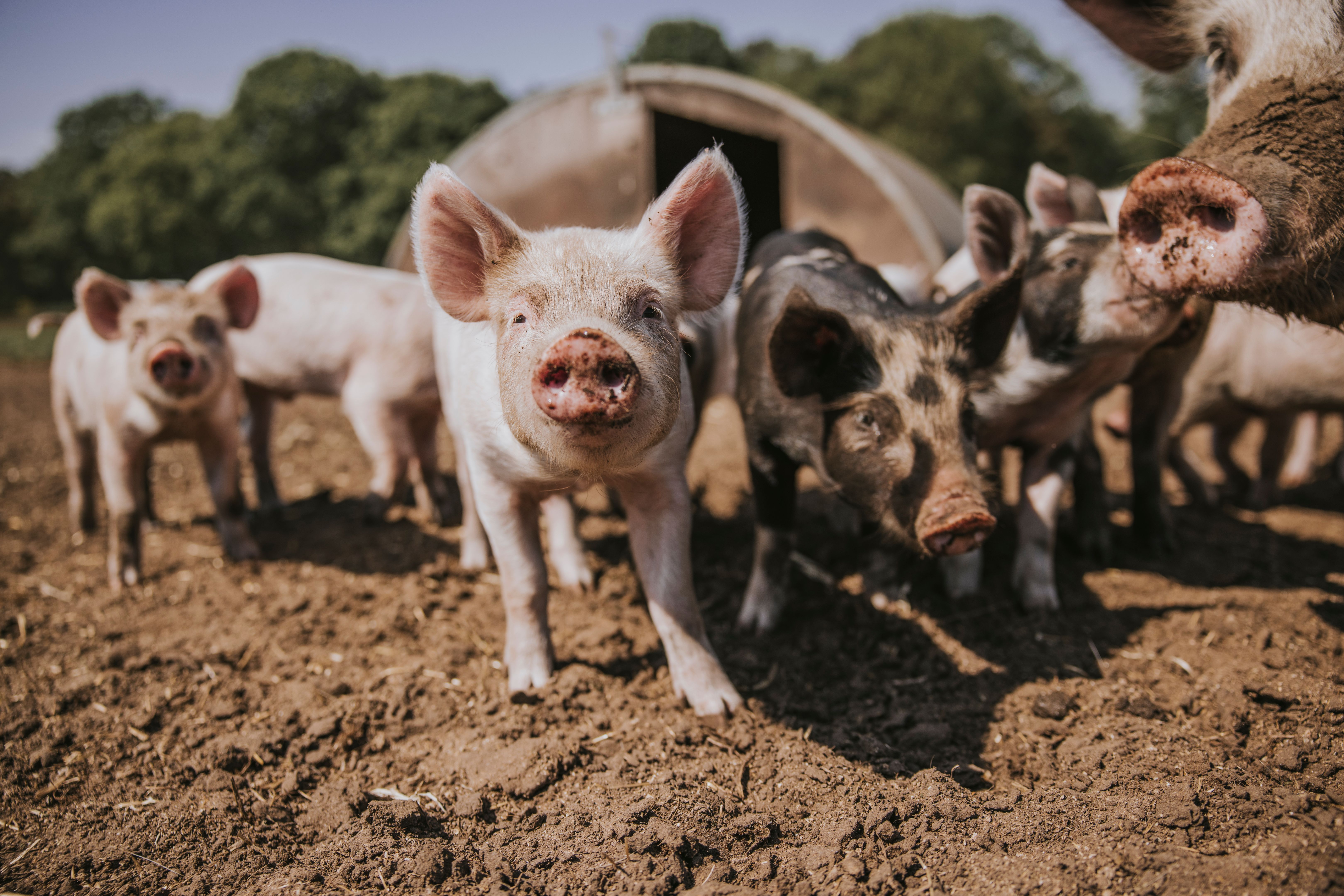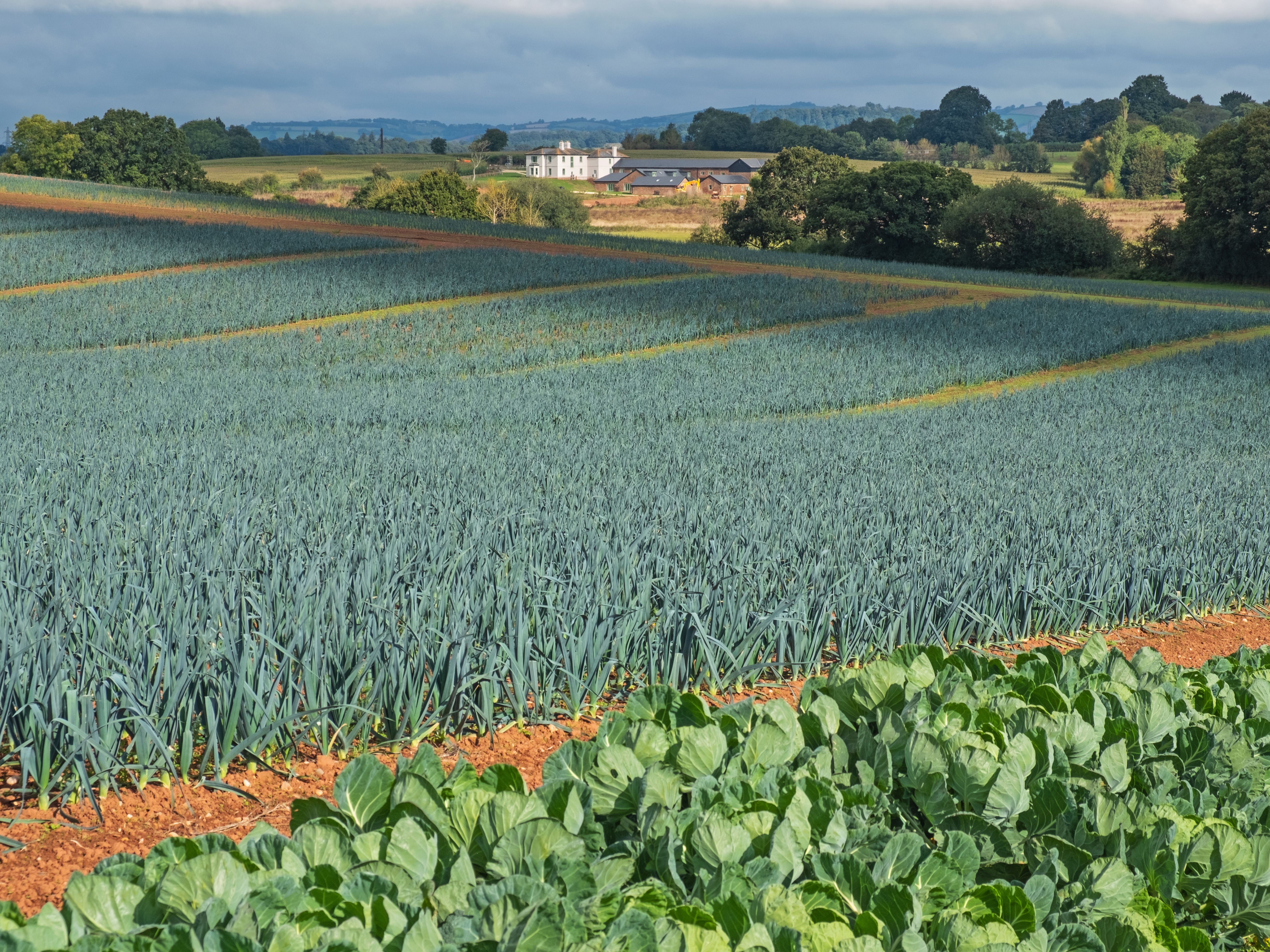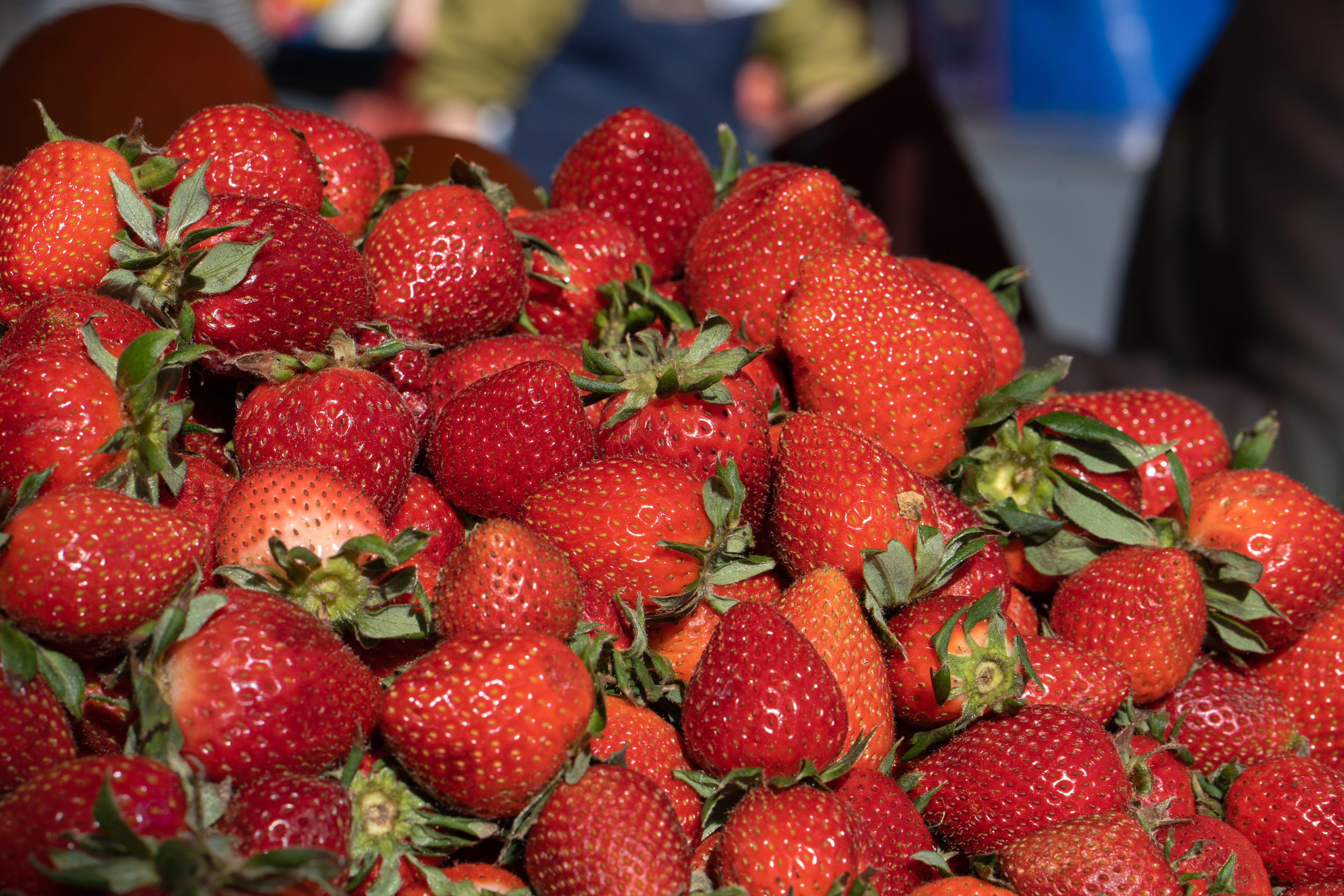Debunking Common Myths About Organic Farming
Understanding Organic Farming
Organic farming has gained significant attention in recent years as consumers become more conscious of their food choices and environmental impact. However, with its rise in popularity, several myths have also emerged, leading to confusion about its true benefits and practices. This blog post aims to debunk some common myths associated with organic farming.

Myth 1: Organic Farming Does Not Use Any Pesticides
One of the most prevalent myths is that organic farming is completely free of pesticides. While organic farmers do avoid synthetic pesticides, they can use natural alternatives. These include substances derived from plants, minerals, or other naturally occurring sources. The key difference is that these natural pesticides are typically less harmful to the environment and human health. It's essential to understand that organic farming focuses on reducing chemical dependency, not eliminating pest control altogether.
Myth 2: Organic Farming Is Less Efficient Than Conventional Farming
Another common misconception is that organic farming is less efficient and cannot produce enough food to meet global demand. While organic farms may yield slightly less than conventional ones in certain contexts, they offer numerous environmental benefits such as improved soil health and biodiversity. Research has shown that organic farming can be equally efficient when considering long-term sustainability and reduced environmental impact.

Myth 3: Organic Foods Are Always Healthier
Many people believe that organic foods are inherently healthier than their conventional counterparts. However, the nutritional content of food depends on various factors, including the type of crop, soil quality, and farming practices. Although organic foods have lower pesticide residues, they are not necessarily more nutritious. It's crucial for consumers to focus on a balanced diet rich in fruits and vegetables, whether organic or conventional.
Myth 4: Organic Farming Is Too Expensive
It's often assumed that organic farming is too costly for farmers and consumers alike. While organic products can be more expensive due to higher production costs and labor-intensive practices, they also offer numerous benefits such as improved soil health and reduced environmental pollution. For farmers, investing in organic practices can lead to long-term savings on synthetic inputs and create opportunities for premium pricing in the market.

Myth 5: Organic Farming Cannot Feed the World
The belief that organic farming cannot contribute to global food security is another widespread myth. In reality, organic farming can play a vital role in sustainable food systems. By focusing on soil health and biodiversity, organic practices enhance resilience against climate change and reduce dependency on non-renewable resources. Furthermore, integrating organic methods with innovative technologies can increase productivity and ensure food security for future generations.
The Benefits of Organic Farming
Despite the myths surrounding organic farming, its benefits are substantial. By promoting ecological balance and conserving biodiversity, organic farming supports healthier ecosystems. It also reduces pollution from synthetic fertilizers and pesticides, contributing to cleaner water and healthier communities. Additionally, organic farming practices often result in better animal welfare standards and more humane treatment of livestock.
Conclusion
Organic farming is a crucial component of sustainable agriculture, offering numerous benefits despite the common myths that surround it. By understanding the realities of organic practices, consumers can make more informed choices about their food and support systems that promote environmental health and social responsibility. As awareness grows, it's important to continue debunking myths and embracing the true potential of organic farming.